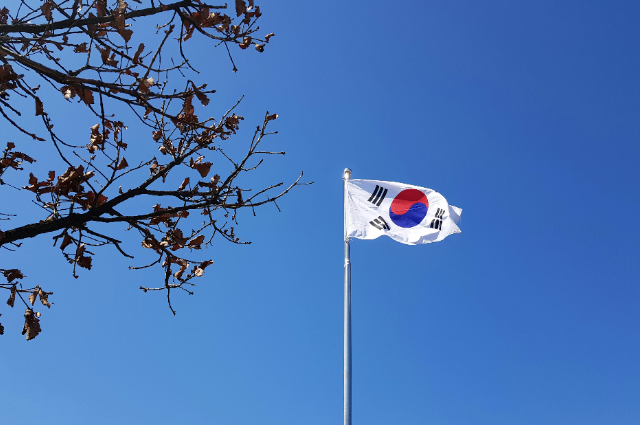
From plastic surgery clinics to tour firms and hotel chains, South Korea's hospitality sector is on high alert regarding the ramifications. The recent political crisis in South Korea has led to a wave of cancellations, understandably causing anxiety among travelers.It is disheartening to see how the brief imposition of martial law has affected the travel and tourism sector, which generated 84.7 trillion won ($59.1 billion) in 2023—around 3.8% of the nation's GDP. The industry, that has braved many storms, is now marred by valid safety concerns that would have an impact on people's plans to visit and experience the beauty of South Korea.
The Army's interference in the new political crisis has put fears that may hit business and leisure travel too. The tourism industry was nearing a reviving recovery since visitor numbers had already regained 97% of their pre-COVID levels by October. Seoul Mayor Oh Se-hoon voiced concerns at a meeting with travel representatives while referring to this situation, which might hit tourism and hospitality in South Korea.
The Effect of Political Conflicts on South Korean Travel Experiences
Over a dozen sources within the hospitality and administrative sectors agree: military involvement in this political mess poses a grave threat for both leisure and business travel. Concerns about safety in Seoul are legitimate and could severely impact the tourism industry," declared Seoul Mayor Oh Se-hoon during a meeting with tourism officials addressing the decline in travel demand."We are witnessing an increasing number of foreign tourists cancelling their trips to Seoul and shortening their stays," Oh stated, reinforcing his message by declaring "Seoul is safe" in English, Chinese, and Japanese for the media. Daily life and tourist activities have remained undisturbed despite giant scale protests. President Yoon Suk Yeol had already revoked his brief martial law on December 4 after parliament voted it down, and experts believe that South Korea's institutional checks and balances are now firmly in place.
Despite the protests, daily life and tourist activities in South Korea are still going strong, especially after President Yoon Suk Yeol revoked martial law in response to parliamentary action on December 4. It is inspiring to see how the country's institutional checks and balances are showing resilience during such a trying time. Some of the tourists may be getting anxious about their travel plans, but one should not forget that all hope is not lost. The modest increase in cancellations at the Accor hotel group, reported as about 5% greater than in November, shows that travelers are aware and adaptable. Moreover, the Korea Tourism Start-up Association has noted a decline in bookings for the first half of 2025, yet this reflects the broader challenges rather than a defeat. It’s a tough time, but we stand united with those who are passionate about their journeys and the experiences that lie ahead.
Analyzing the national crisis's rips and fissures on the South Korean Wave
South Korea is increasingly assuming the top position among international destinations for medical and plastic surgery tourism. This can all be thrown overboard with the political crisis presently facing the nation, and thus, undermining this hard-won reputation as enhanced by worldwide appeal to Korean culture and economic success. As head of the government brand promotion agency, Kim Wou-kyung has noted that such mayhem would greatly impact branding efforts on the part of South Korea.
The "Korean Wave," which includes the international popularity of South Korean dramas, music, and beauty products, along with a solid reputation for safety and a global brand like Samsung, plays a crucial role in increasing this country's soft power and increasing tourism. A very vital part of this strategy is encouraging MICE tourism. However, according to Ha Hong-kook, secretary-general of the Korea MICE Association, if the political unrest prolongs into early next year, it may affect this sector. As the parliament readies itself to vote on a motion to impeach President Yoon, Control Risks Group's Andrew Gilholm has been cautiously optimistic. He believes if the country can weather this difficult period to a path of new elections, the long-term impact on tourism may not be worse than expected.
Conclusion
Yoon's declaration of martial rule last Tuesday, which saw armed special forces troops deployed on the streets of Seoul, has caused a huge political unrest in South Korea. This is highly concerning, considering how the country's brand has been doing great, thanks to the rich contributions of Korean culture and economic successes. It's a sad thing to see how this recent crisis could very well jeopardize the gains that have been achieved, affecting not only the country's image but also the life of its citizen who proudly identifies with his culture and accomplishments.
